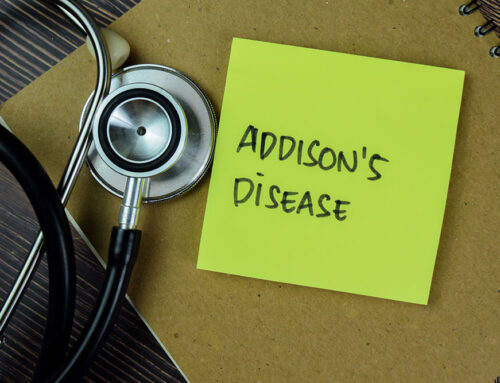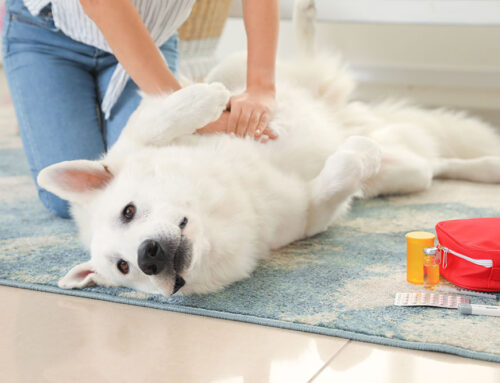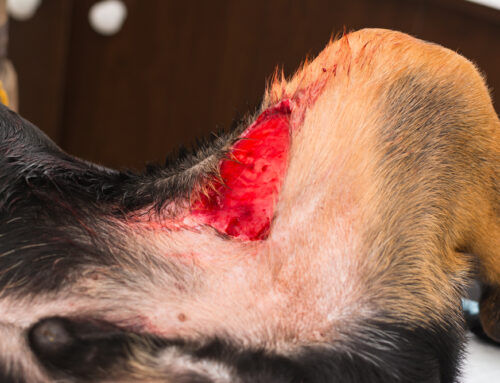Seeing your pet experience an injury can be heartbreaking. Orthopedic surgery is often a crucial step in helping your pet regain their mobility, reduce pain, and return to an active, happy life. However, pets don’t always understand the need to “take it easy” after surgery, so it’s up to us to provide the support and care they need for a smooth recovery. At Alpine Animal Hospital, we’re here to guide you through every step of post-operative care, helping your pet heal comfortably and safely.
Understanding Pain After Orthopedic Surgery
Pets experience pain after surgery due to inflammation, tissue trauma, and joint discomfort. Recognizing the signs of pain is essential for ensuring their comfort:
- Whining, restlessness, or difficulty sleeping.
- Decreased appetite or reluctance to move.
- Panting, trembling, or rapid breathing.
If you notice these signs, consult your veterinarian immediately for guidance. For more information on assessing pain in pets, visit the Pain Assessment in Dogs and Cats resource.
Pain Management Strategies
Medications
Your veterinarian will prescribe veterinary-approved pain relievers such as NSAIDs or other medications. Administer them exactly as directed and report any side effects like vomiting, diarrhea, or lethargy.
Therapeutic Options
- Laser Therapy: This advanced technique reduces inflammation and promotes healing. Learn more about Alpine Animal Hospital’s laser therapy services.
- Cold and Warm Compresses: Use cold compresses to reduce swelling during the initial recovery period and warm compresses later to soothe stiffness. Ask us how and when to do this first.
- Rehabilitation Exercises: Gentle, veterinarian-approved physical therapy and range of motion exercises helps improve mobility and prevent stiffness as your pet heals.
Comfort Measures
- Provide a soft, supportive bed to minimize pressure on healing joints.
- Create a calm, quiet space for your pet to rest, away from high-traffic areas and other pets.
Preventing Complications During Recovery
Complications can delay recovery and increase discomfort. Here’s how to minimize risks:
- Restrict Activity: Avoid running, jumping, or climbing stairs. Use a crate or a small gated area to limit movement as directed by your veterinarian.
- Protect the Surgical Site: Prevent licking or chewing by using an e-collar. Keep other pets away to avoid accidental licking or playful interactions that could harm your pet’s wound.
- Maintain Hygiene: Follow your veterinarian’s instructions for wound care, ensuring the site remains clean and dry.
- Monitor Closely: Watch for signs of swelling, redness, discharge, or worsening pain. If any of these occur, contact Alpine Animal Hospital for guidance.
Keeping Your Pet Entertained While Restricting Activity
Limited activity doesn’t have to mean boredom for your pet. Mental stimulation can help prevent restlessness and reduce the risk of re-injury:
- Puzzle Toys: Food-dispensing toys or puzzles provide hours of entertainment while keeping your pet engaged.
- Frozen Kongs: Fill a Kong with peanut butter or wet food and freeze it for a long-lasting, delicious distraction.
- Sniffing Games: Hide treats around the house for your pet to find, stimulating their natural hunting instincts. Be sure to keep them on a leash to prevent moving too quickly.
- Wagon or Stroller Rides: For dogs that enjoy being outdoors, gentle rides allow them to experience the world while keeping activity minimal.
- Pheromone Collars and Sprays: Products like Adaptil or Feliway can help create a calming environment for pets that feel anxious or restless during recovery.
Always supervise your pet during these activities to ensure they remain safe and don’t overexert themselves.
Monitoring Recovery
Regular follow-up appointments are essential for tracking your pet’s progress. Your veterinarian may adjust pain medications or recommend rehabilitation therapies to support long-term recovery. If you have any concerns, contact Alpine Animal Hospital for personalized advice.
Preventing Future Injuries

While not all injuries can be avoided, some proactive steps can reduce the risk of future problems:
- Maintain a Healthy Weight: Extra weight places stress on joints and increases the risk of injuries.
- Provide Regular Exercise: Controlled, low-impact exercise like swimming helps strengthen muscles without stressing joints.
- Routine Check-Ups: Regular veterinary exams ensure that minor issues are caught before they become major problems.
Managing pain after orthopedic surgery is a key part of ensuring your pet’s successful recovery. With proper medications, comfort measures, and mental stimulation, you can help your pet heal comfortably and avoid complications. Alpine Animal Hospital is here to support you every step of the way, providing expert emergency vet care and orthopedic surgery in Pocatello and comprehensive post-operative guidance.
For more information or to schedule a follow-up, visit our appointment request page or contact us.







Leave A Comment